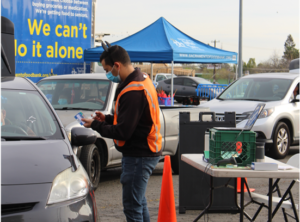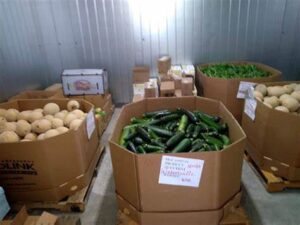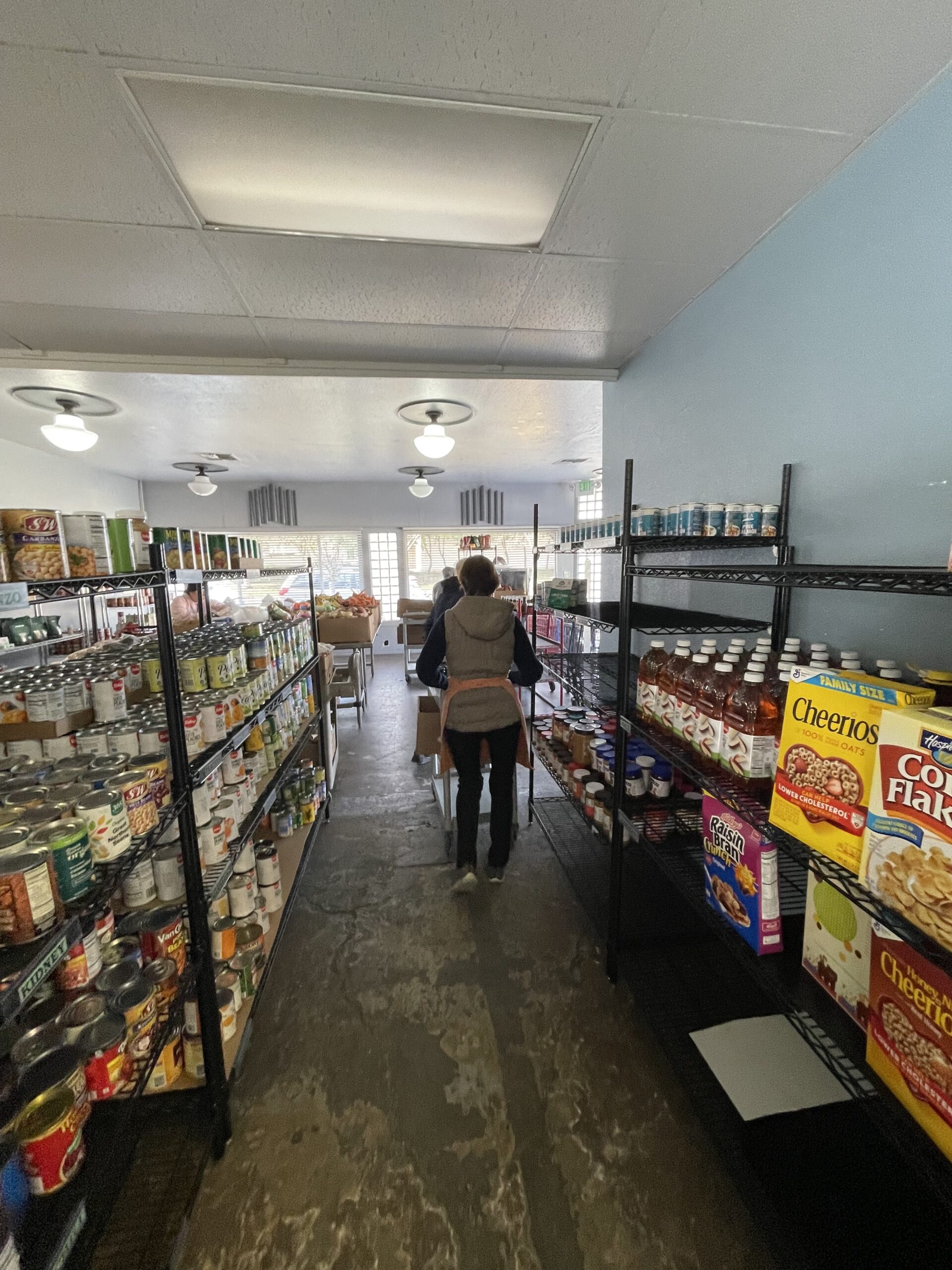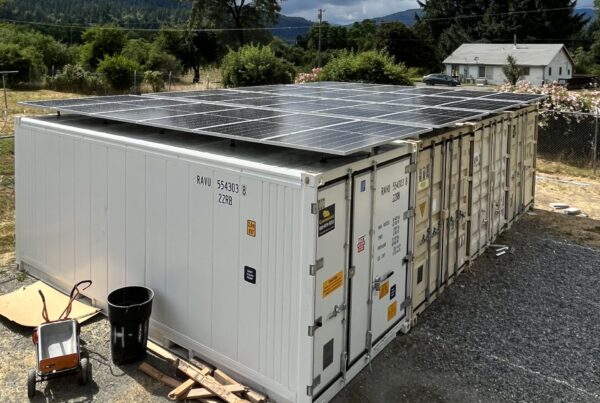Why Do We Need Food Pantries?
Local food pantries play a crucial role in complementing the work of food banks, and both serve unique purposes in addressing food insecurity. Here are some reasons why we need local food pantries alongside food banks.
Proximity to Communities

Local food pantries are typically situated within or near communities experiencing food insecurity. Their proximity allows for easier access to food resources, especially for individuals who may face transportation challenges or live in underserved areas. Local food pantries bring food assistance closer to those in need, ensuring that support is readily available within their own neighborhoods.
Tailored Support

Local food pantries often have a better understanding of the specific needs and preferences of the communities they serve. They can focus on providing culturally appropriate food options, dietary-specific items, or accommodating individuals with specific requirements, such as baby formula or senior-friendly meals. By tailoring their support, local food pantries ensure that the food assistance provided aligns closely with the needs of the local population.
Flexibility and Responsiveness

Local food pantries can quickly respond to fluctuations in demand or emergencies within their communities. They can adapt their operations, distribution schedules, and outreach efforts based on the ever-changing needs of the community. This flexibility allows them to address immediate and localized food insecurity issues effectively.
Community Connections and Trust

Local food pantries are often deeply rooted within their communities. They build strong relationships, trust, and rapport with the individuals they serve. These personal connections foster a sense of community, dignity, and understanding, which can encourage individuals in need to seek support without hesitation.
Supplementing Food Bank Resources

While food banks are essential in sourcing and distributing large quantities of food, local food pantries play a critical role in supplementing those resources. They receive donations from various sources, including food banks, and distribute them directly to individuals and families, ensuring that the available food reaches as many people as possible.
Targeted Outreach and Support

Local food pantries can engage in targeted outreach efforts to identify individuals or families who may be hesitant to seek assistance or are unaware of available resources. Through their community connections and local knowledge, they can extend their reach to vulnerable populations, including homeless individuals, low-income families, or the elderly, who may not access larger food bank services.
Food Pantries are Food Heroes
As you can see, local food pantries are essential in addressing food insecurity at the community level. They provide immediate access, tailored support, and localized solutions to ensure that individuals and families receive the necessary food assistance close to their homes. Local food pantries, in partnership with food banks, create a comprehensive network that collectively works towards combating hunger and building stronger communities.
Find a Food Bank in California
Read additional stories from our blog.







